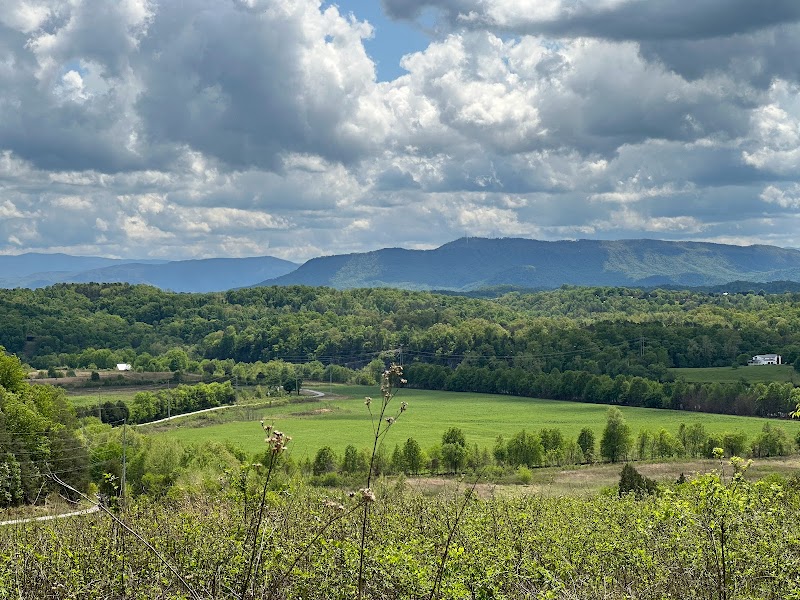
Seven Islands State Birding Park Adventures
Seven Islands State Birding Park is a tranquil haven for birdwatchers and nature enthusiasts, located along the French Broad River in Tennessee. The park offers a range of habitats, making it an ideal spot for observing an array of bird species.
Popular Activities
Plan Your Visit
Everything you need to know to prepare for an unforgettable trip to Seven Islands State Birding Park.
Entrance Requirements
No permits or fees required.
Best Time to Visit
Spring and fall offer the best birdwatching opportunities and mild weather.
Visitor Information
No designated visitor center; information available at trailheads.
Getting There
Accessible year-round, located off Highway 168.
Weather & Climate
Mild springs, warm and humid summers, pleasant autumns, and cool winters. Seasonally variable precipitation, with spring and fall being particularly comfortable.
Conservation Efforts
The park focuses on conserving bird habitats and native plant species. Visitors are encouraged to stick to trails to avoid disturbing sensitive areas.
Camping in Seven Islands State Birding Park
Find the perfect spot to stay overnight and immerse yourself in the details.
Top Trails
Upland Trail
Provides scenic hilltop views and is excellent for birdwatching along wooded areas.
River Trail
Follows the riverbank, offering opportunities to see waterfowl and river views.
Cane Trail
Short trail through diverse habitats, ideal for quick birdwatching excursions.
Hickory Ridge Trail
Showcases the park's more remote areas with dense foliage and varied bird species.
Trailblazer Tips
Arrive early in the morning for the best birdwatching experiences.
Summer months can be humid, so bring plenty of water and sun protection.
No entrance fees are required, making it an accessible option for all visitors.
Bring binoculars and a field guide for bird identification.
